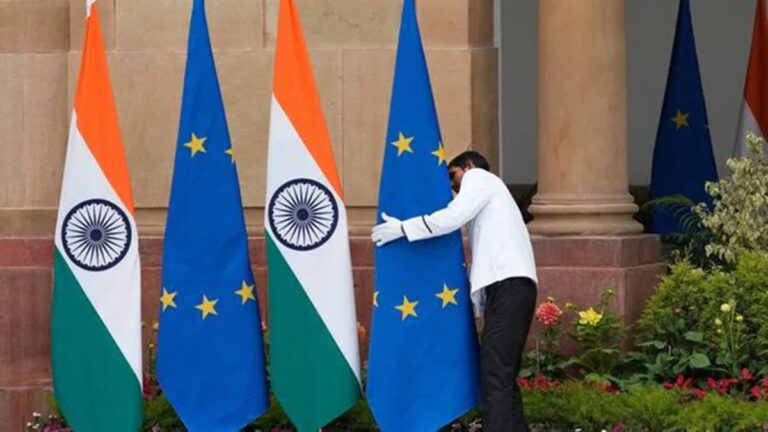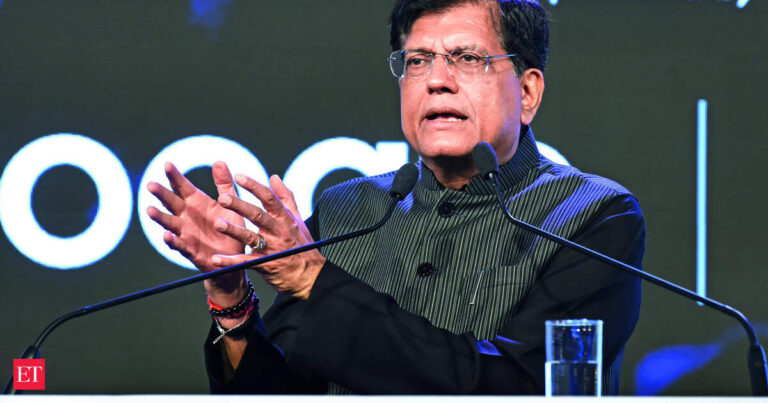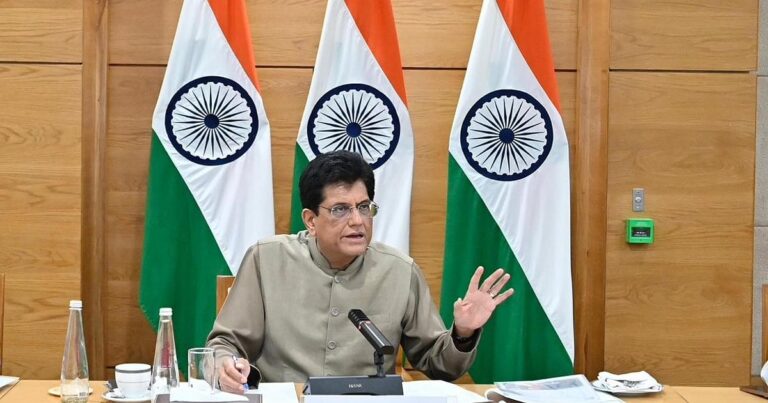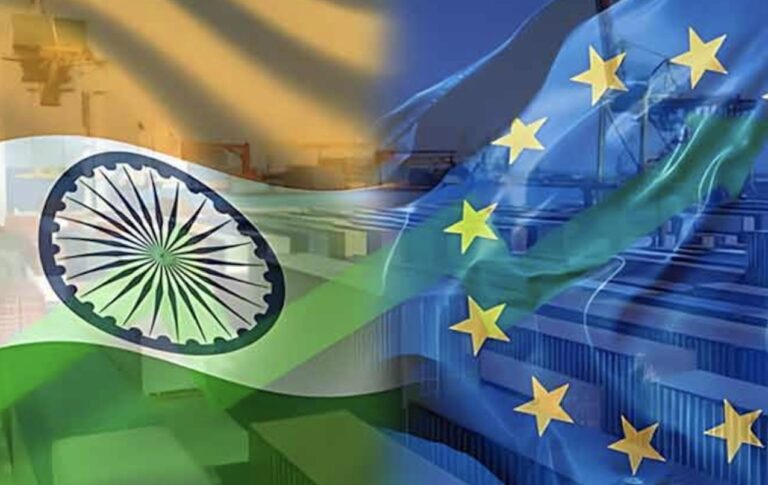
From 1980 to 2005, the EU-Indian trade increased from 4.4 billion euros to 40 billion euros. At the time, the EU was the largest trading partner in India, representing 22.4% of Indian exports and 20.8% of imports. While the EU represented 21% of Indian trade, the share of EU trade India was less than 1%, and although the EU was the largest trading partner in India, India was the 14th Partner of the EU.
During the 7th India-EU summit in Helsinki on October 13, 2006, the EU and Indian political leaders recognized that a stronger economic commitment is mutually advantageous. In this context, they approved the case that had been made for a future bilateral and investment trade agreement. Negotiations on such an agreement began on June 28, 2007 and covered the trade in goods, trade in services, investment, health and phytosanitary measures, technical obstacles to trade, commercial appeals, rules of origin, customs and trade facilitation, competition, commercial defense, government purchases, dispute resolution, intellectual property rights and geographic indications and substantial. However, after 15 cycles of negotiations in Brussels and New Delhi, the talks between the parties were dead by 2013 and remained in the limbo until 2021.
Currently, the only legal basis for trade and bilateral services is the most favored principle (MFN) inscribed in WTO law. Although the EU grants tariff preferences to India as part of the generalized preference system, it temporarily suspended them in early 2023 because increasing Indian imports in the EU have exceeded the defined backup thresholds. In addition, there is currently no agreement for bilateral investment trade, as India has unilaterally dismissed almost all protection against investment agreed at existing national level with EU member states.
On June 17, the executive vice-president of the European Commission Valdis Dombrovskis and the Indian Minister of Commerce Piush Goyal officially relaunched EU negotiations in India on a balanced, ambitious, complete and mutually beneficial free trade agreement.
They also launched EU-India negotiations on an investment protection agreement and an agreement on geographic indications. The two parties accepted the talks acid in order to conclude them by the end of 2023.
The first series of negotiations was concluded in July 2022.
On July 5, 2022, the EP adopted its report on “UE-India Future Trade and Investment Cooperation” (Rapporteur Geert Bourgeois, ECR, Belgium).
The second series of negotiations took place in October in Brussels. The parties discussed questions that included digital trade, government purchases, mergers control and subsidies, public enterprises, dispute resolution, as well as raw materials and energy.
The third cycle of negotiations took place in Dehli from November 28 to December 9, 2022.
In February 2023, the EU and India strengthened their relationship as strategic partners by creating a new Commerce and Technology Council (TTC).
The fourth round Negotiations took place in Brussels and concluded March 18, 2023.
The fifth round took place in the middleJune 2023 in New Delhi. Two chapters (on SMEs and government purchases) were concluded during the Channel. After meetings, India and the EU have agreed to exchange offers on the goods market and public procurement by the end of July.
The sixth round took place in October 2023 in Brussels. The parties have reported progress on the texts during the Tour, in particular on technical issues.
The seventh round took place in February 2024 in New Delhi. During this Tour, a new working method was implemented for the first time: chief negotiators played a more active role in negotiations in several chapters, to reduce the list of pending differences. Despite this commitment, the only notable progress during this round was on intellectual property rights, the positions of the parties always diverging on important issues.
The eighth round took place in Brussels in June 2024. Here too, the chief negotiators were actively engaged in the negotiations. Nevertheless, despite certain progress in the rules of origin, intellectual property rights and dispute resolution, the parties recognized that their respective positions were still diverging on several questions.
The ninth and most recent tower took place in New Delhi in September 2024. The meetings focused mainly on the central areas of the ALE, to try to progress on the substance of the main chapters of the agreement.
References:
Author: Angelos Delivorias, Members Research Service, Legislative-Train@europarl.europa.eu
At 20/03/2025.



